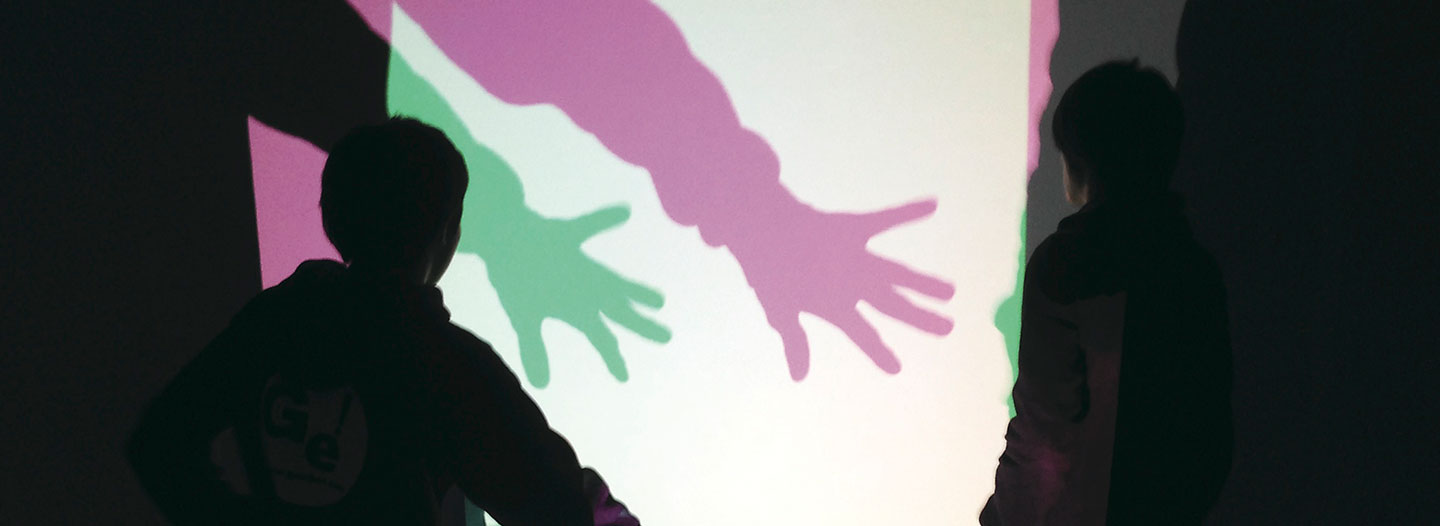
Department of New Media
By striving repeatedly to address diverse acts of expression within media concepts and thechnologies, in the Department of New Media we are opening up new horizons in the creation of images in arenas such as filmic expression, media representation, and the performing arts. Our aspiration is to foster creative talent capable of expression in different fields, while approaching educational research from multiple angles to address social and contenporary issues not tackled by conventional art, and offering forms of display and presentation that utilize new technologies.
International and Domestic Collaborations
Each course of the Department of New Media develops international educational research projects in conjunction with countries including France, Canada, Taiwan, and Colombia, in addition to tie-ups with the Yokohama Museum of Art and Kanagawa Arts Theater; joint undertakings with broadcasting stations, publishers and developers; and community projects through cooperation with mental health facilities, non-profit organizations, and so forth. We are constantly exploring possibilities to make new media-related educational research more accessible to the public, through academic research chat utilizes media expression.
The required expertise and creativity
The Department of New Media is the place to follow the quest for radical advanced art expression and project practice which have not existed in conventional media or genre. We welcome people who have a professional field, such as music or physical expression. Who want to articulate varying art expressions through media, as well as those who have mastered an expression using image media in the art or design areas. We also open the door widely to those who have unique development, experience of project practice, and findings in the field of informatics and engineering, and want to further expand the breadth of their own expression.
The kinds of professionals we seek to foster
We expect the following specialists in the Department of New Media.
- • Pioneering artists who can utilize imaging media and digital devices and are adaptable when it comes to actively traversing multiple fields.
- • Creators capable of flexibly planning and realizing mass media-specific design or content.
- • Field engineers able to enhance artistic expression.
- • Archivists and researchers capable of creating new research domains and methodologies uniting the humanities, social science, and science and engineering, etc., in addition to various fields of art, irrespective of tradition.
- • Social concept artists who can evaluate and manage cultural resources, utilizing duplication technology from both historical and contemporary viewpoints.
![]()
